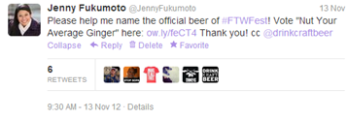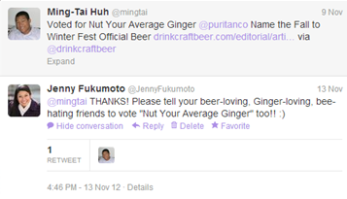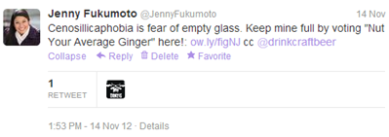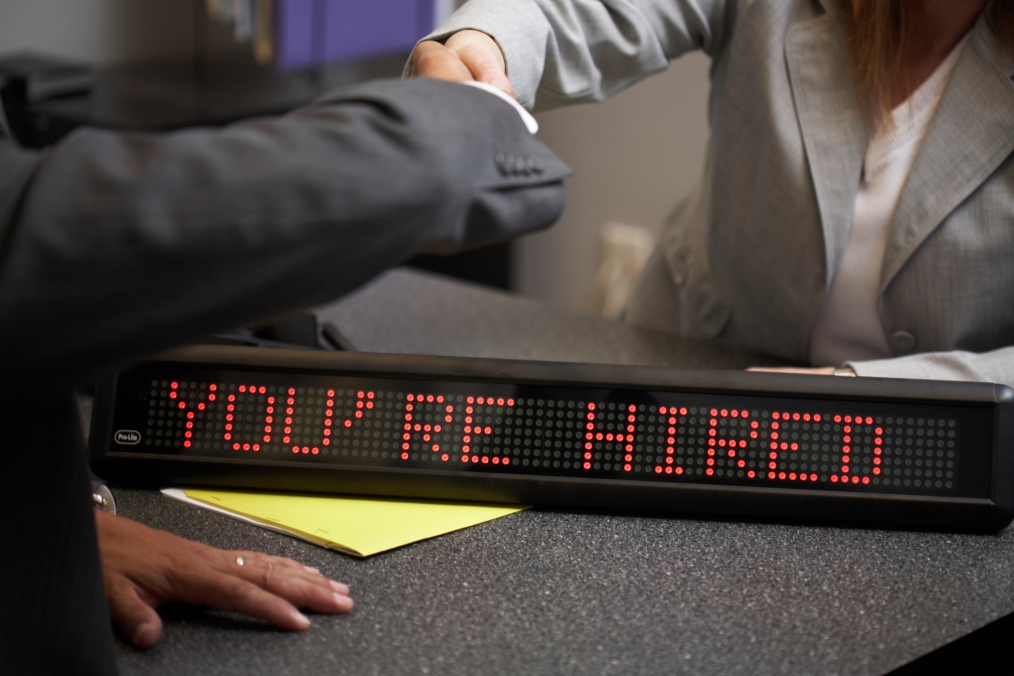
By David Spark
Everyone has a daily routine that makes them comfortable. For those highly productive people, they think about the first hour as the launching pad for the rest of their day. And they think about their last hour as a way to reflect on the day and a time to set up for the next day.
On Quora, I stumbled upon this discussion, “How do the most successful people spend the first hour of the day?” I was fascinated by the advice so I summarized the tips, and added some additional advice I’ve learned. I invite you to provide your input in the comments.
How to spend the first hour of your day
The first hour often can set the tone for the rest of your day. Think consciously about what you’re going to do in this time.
1. Go on a grateful and visualization walk.
According to Daniel Eskin, this walk is one of Tony Robbins’ mental strategy techniques. The purpose is to “become strongly associated initially with very detailed things in your life you are grateful for, and then visualize how you must make your life that day, that week, that year, etc,” said Eskin of Robbins’ advice. While he admitted it sounds new-agey, Eskin said it has incredible effects on associating success with his everyday life.
UI designer, Matt Dronkers, disagreed, “Choose to do positive things that don’t have anything to do with ‘visualizing’ what you want your day or life to be like. If you do that, it seems you will miss the first hour you are awake because you spend it in your head, and not fully aware of your surroundings.”
2. Exercise.
Exercise is one of the most common first hour pieces of advice. Many avoid exercise because they say they don’t have time for it. Those who exercise remark they are more productive and mentally fresh for the hours they do work.
3. Do the thing you dread.
Kate Huyett noted that Henry Paulson, Goldman Sachs’ CEO and United States Secretary of the Treasury, said the first thing he did every morning was the thing he most dreaded that day.
Sarah Lafferty adheres to Paulson’s advice and tries to tackle the toughest thing first.
“This clears my head for the rest of the day and makes me feel on top of things,” Lafferty said.
4. Create a to-do and not-to-do list.
Anuj Agarwal, founder of Feedspot.com, creates two lists:
- What I’m not going to do today (distractions)
- What I’m going to do today (productivity)
5. Clear out all emails.
There are two types of people. Those who have hundreds of emails in their inbox, and those with less than 10. I’m the latter. I like to keep my inbox clean if not empty, especially at the end of the day. I bring it down to less than five within the first hour of the day. I try to have it empty by the day’s end.
The reason so many people feel inundated by email is because they probably work in an office where they get cc’ed on everything and feel the obligation to read everything. If you’re drowning under office email, you should find a better way to communicate through a non-email based collaboration tool such as Yammer.
6. Make money.
In an interview on Mixergy, Dane Maxwell said he starts every day with a “revenue generating activity,” as quoted by Andy Brudtkuhl.
7. Empower others.
After he gets ready for work, Alwyn Brannewyn van Deventer spends his first hour of his day “psyching up other people.”
8. Read for pleasure, general news, or industry news.
What you read in the morning is your choice. I like to read one or two industry tech blogs. I used to subscribe to a 10-minute daily tech update. It was great to know what was going on in my industry at the start of the day. I don’t like to be left in the dark. Unfortunately, there isn’t a good short daily technology podcast anymore, so I refer to a couple of blogs. One person commented they like to use text-to-speech technology to listen to blogs.
9. Go into the office.
Many of us are fortunate enough to have the option to work out of our home or in the office. While working at home avoids the commute, it is also the center of far too many distractions. If you know you can’t be productive at home, go to the office.
10. Do a combination.
Many of the first-hour activities can be combined. For example, Alex Ikonn has a routine that combines exercise with Robbins’ grateful and visualization walks. Some like to listen to industry podcasts while they exercise.
How to spend the last hour of your day
Do you know when the last hour of your day is? If you do, then you’ll know when you have to get everything done. If you don’t, your hours in between the first and the unknown last hour will not be as productive.
1. Reflect on the day by journaling.
This is rather sound advice that I don’t adhere to. Journaling forces you to think about what you’ve done, and provides some understanding of what you should do in the future.
2. Write a list of the top three things you want to accomplish the next day.
Kenneth Chenault, CEO and Chairman of American Express, creates tomorrow’s “top three” list at the end of the day and then uses it to start his next day, Abbey Reider said.
3. Exercise.
Many like to start their day with exercise, others like to use it as a cool down from a stressful day. Do what works for you.
4. Excuses don’t make you successful.
All of this sounds great, if I had all the time in the world. But … no one became successful with excuses. You’re not supposed to do everything on this list. You’re supposed to find what works for you, and do it.
5. Know what the last hour of your day is
This is probably the most important piece of advice to maintain your work/personal life sanity. While having an active mind about work can be good for you and your business, don’t be a work “grazer.” If you trickle your work day off by answering one more email or one more Facebook update, you’ll constantly feel exhausted and you’ll never get any truly “free time,” which is key for reenergizing.
This article was originally a report published by Spark Media Solutions’ David Spark (@dspark) forIntertainment Media‘s Ingaged Blog, makers and distributors of the KNCTR and Ortsbo.














